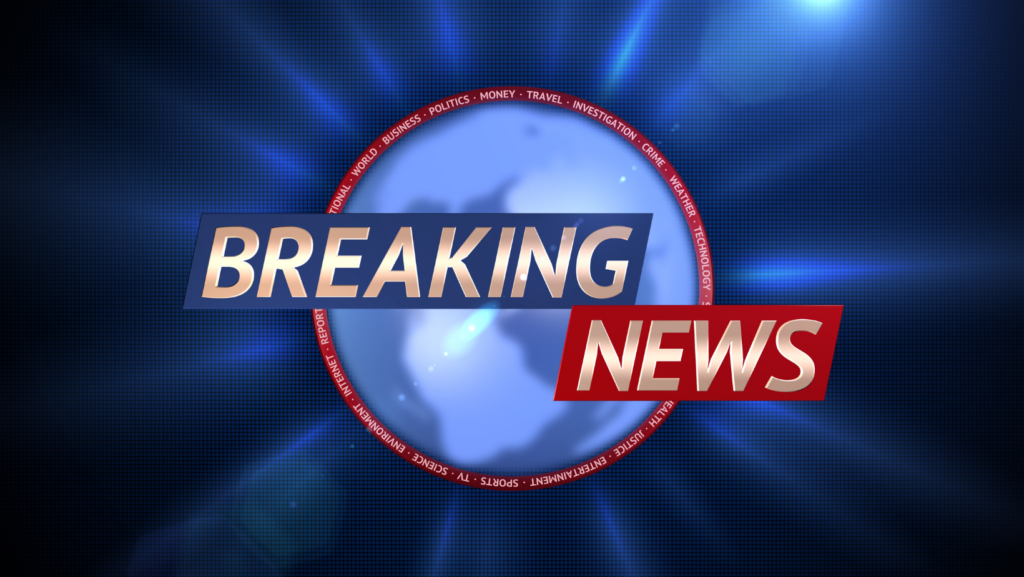In the blink of an eye, the world around us changes. Events unfold, leaders make decisions, and symbolism stories break that can shake up our perspectives and challenge our understanding. That’s the compelling world of breaking news. It’s dynamic, it’s fast-paced, and it’s integral to our day-to-day lives.
Whether it’s the latest political drama, economic updates, or a natural disaster, breaking news keeps us connected to the pulse of the planet. It’s a constant reminder of our shared humanity and the global community we’re all part of. So, buckle up and get ready to dive into the riveting realm of breaking news world.
Breaking News World
Understanding the varied roles of breaking news World extends beyond a mere information extraction process. Ranging from influencing policy-making to pushing perceptions, it serves as a lynchpin in our globalized world. Let’s dive deeper into its importance.
Impact on Policy Making
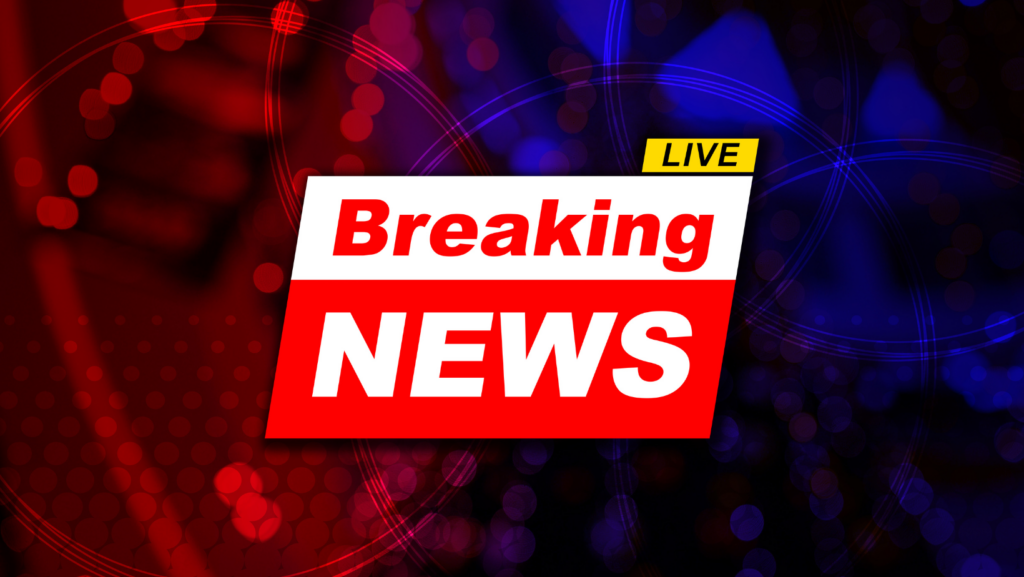
Present in the toolbox of decision makers, breaking news world often guides policy making. It provides real-time, crucial insights, making it a key instrument capable of impacting international agreements, alliances, law enforcement, and economic strategies. For instance, natural disaster reports can trigger immediate relief and aid policies. Fresh economic data can inform policy adjustments necessary to stabilize financial markets.
Furthermore, breaking news holds a strong grip over public perception. Disseminated quickly and widely, it molds public opinion, fashions social trends, and triggers responses. A prevalent example is the #BlackLivesMatter movement, initiated by a tide of news stories covering police brutality. Notably, the perceived seriousness of global issues like climate change depends heavily upon the frequency of related breaking news.
Major Sources of Breaking News World
In the realm of breaking news worldwide, various sources provide instant updates about unfolding events. Their importance has been elevated in today’s global community driven by instantaneous information.
Traditional Media Channels
Traditional media channels, such as television and radio broadcasts, play a pivotal role in disseminating breaking news. For instance, networks like BBC World News and CNN, renowned for their 24/7 global coverage, continually broadcast news events as they develop. Additionally, print media like The Guardian and The New York Times, while limited by logistical constraints of paper-based dissemination, often spell out in-depth coverage of global events with accuracy and insight.
Digital Platforms and Social Media
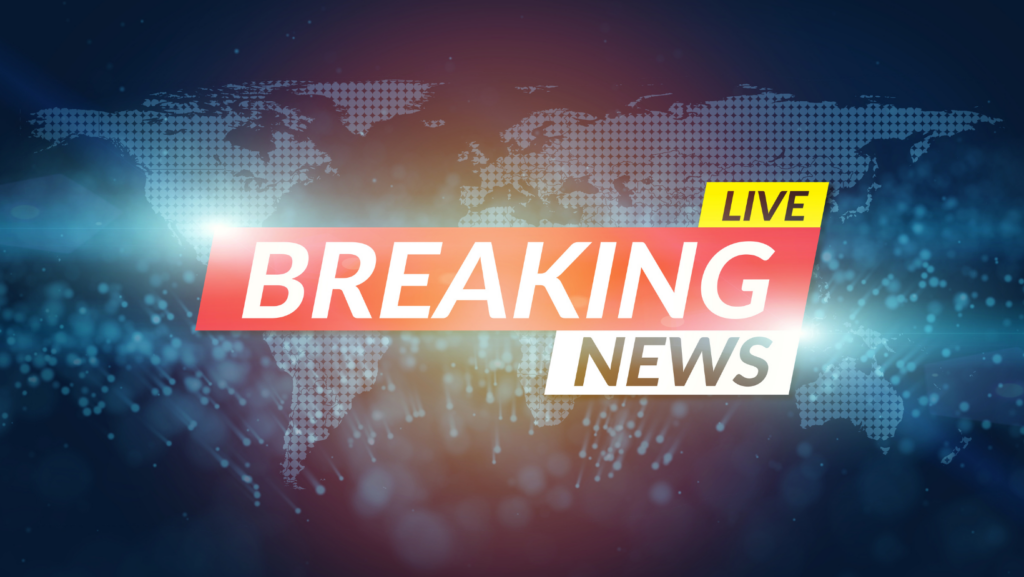
On the other hand, digital platforms and social media sites have emerged as powerful sources of breaking news. They offer remarkably swift information transmission, capitalizing on the connectivity granted by the Internet. Websites of traditional outlets, like BBC and CNN, along with online-only news sources such as Buzzfeed and Vice News, provide instantaneous updates and extensive global coverage.
Moreover, social media platforms like Twitter and Facebook serve as invaluable forums for real-time news consumption and dissemination. Everyday people and journalists alike use these platforms to share immediate eyewitness accounts of events, sparking instantaneous global discussions.
Analyzing the Reliability of Breaking News
Challenges of Misinformation
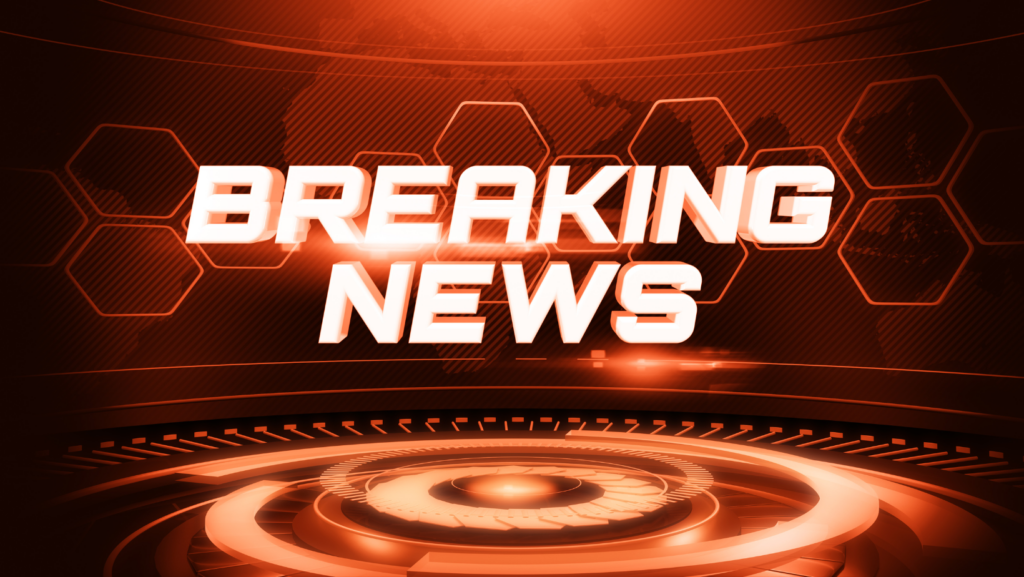
In the world of breaking news, a cardinal concern centers on misinformation. News outlets aim for speed, racing to be the first to report an update. Consequently, accuracy sometimes falls by the wayside. For instance, during the Boston Marathon bombing in 2013, multiple reputable news sources misidentified the perpetrators. It’s a testament to the acute challenge disinformation poses in breaking news.
To gauge the credibility of breaking news, one tends to trace back the origin of the information. Authentic news typically springs from reputed outlets, journalists with proven records, or verified government or organization accounts. The 1997 report on CNN about the ‘Early Bird’ satellite is a prime example. The false report alleged that the satellite failed, creating a tech scare.
Must Know
Breaking news World doesn’t just deliver information; it’s a powerful force that shapes public opinion, influences policy, and triggers socio-economic shifts. With the rise of digital platforms, its reach has extended, making it a central part of our interconnected world. But it’s not without its challenges. Misinformation can cloud the truth, underscoring the need for vigilant source verification.
